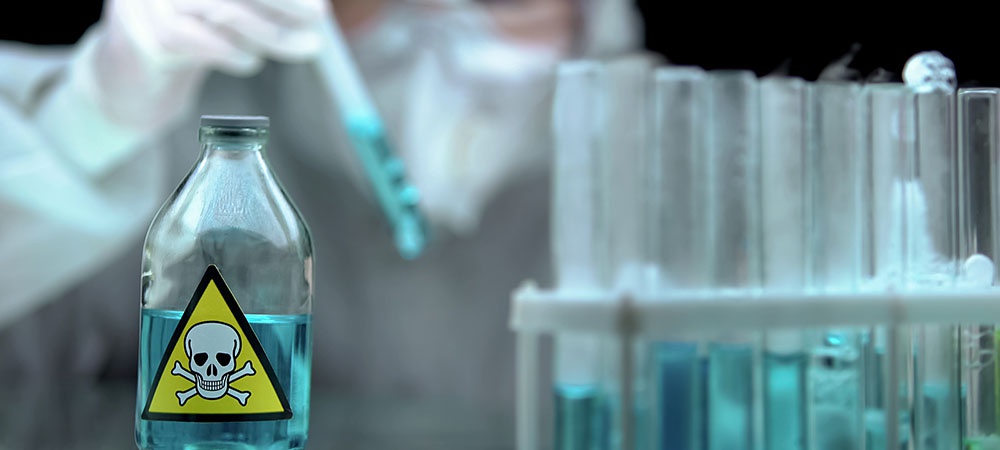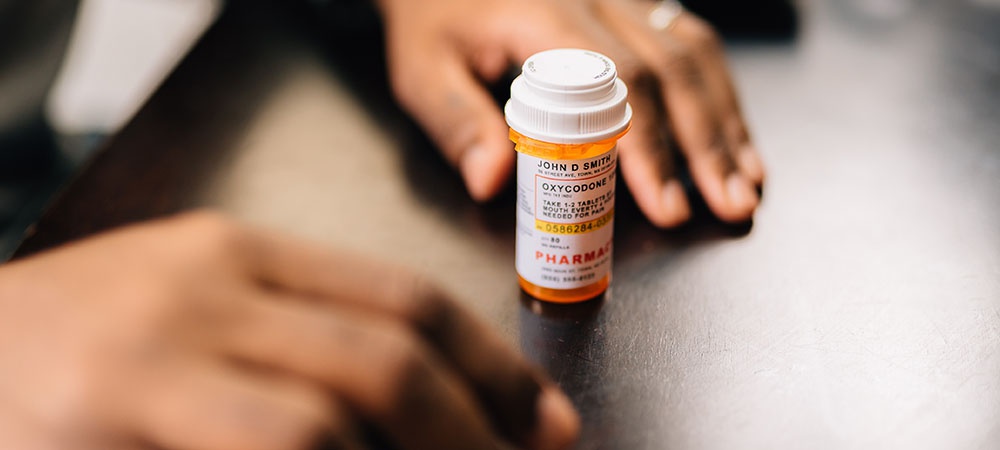Opiates are highly dangerous and addictive substances. The Canadian Alcohol and Drugs Survey result showed that 1% of Canadians 15 years and older engage in problematic use of opioids. Interestingly, many of them don’t like or want to continue it.
Fortunately, anyone can overcome their opiate addiction. It all depends on the recovery methods they use and the lifestyle they lead while undergoing treatment.
That said, how you begin opiate addiction treatment is crucial to your recovery. It’s important you start the process with a detox to first rid the body of the opiate remnants. During detox, leftover traces of the substance will ease out of your body to let it heal.
This process may be excruciating, but it’s a necessary pain you’ll endure to get clean. Opiate detox benefits the body in numerous ways during addiction recovery. Here, we’ll examine why you need opiate detox for full addiction recovery.
Advantages of Medical Opiate Detox
Medically supervised addiction recovery processes start with a detoxification program. That’s because detox sets an excellent precedent for the rehabilitation phase after you get through the withdrawals. Below are some of its main benefits.
Detox is a Comprehensive Cleansing Process
Detoxification is the process of removing toxic substances from a place. As such, it’s fundamentally a cleansing activity. Humans have been implementing detoxification techniques for medical purposes long before it became a procedure for addiction recovery.
In this context, the detoxification process focuses on ejecting traces of opiates in your body. Consider this analogy – if opioid addiction is a disease, then the opiate in your system is a cause. Eliminating this cause is a crucial step toward recovery.
To begin a detox, you must first stop using the drug completely. The human body is capable of cleansing itself and flushing out certain harmful materials. But it can only handle so much at a time and won’t be efficient if you continue bombarding it with more of the said harmful materials.
Plus, substances like opiates hijack and influence the functions of some parts of the brain, usually the places that release pleasure hormones. The result is they cause the hijacked brain to send out a flood of pleasure hormones than it naturally does.
Your body loves this change and will desire more of it. But, while you continuously give it what it desires, your body will also store up some of the dangerous chemicals. These toxins must first go out for recovery to begin.
As such, completely quitting the substance is necessary to allow your body to start working on pushing out the poison in its system. But, the best part is, a medically assisted detox won’t leave the entire burden to your body alone.
Addiction recovery doctors will also prescribe certain medications and care to make the process easier and quicker. Since detox is often characterized by painful withdrawal phases, you’ll receive medical care to help you get through the excruciating period.

Detox Reduces Risks of Withdrawal-Related Complications
Again, opiates are some of the most difficult substances to quit once you develop an addiction. The withdrawal phase is often significantly uncomfortable and can sometimes pose life-threatening circumstances.
That’s why we recommend taking a medically supervised drug detox program in Ontario. While there, specialists will constantly supervise you, watching your response to treatment. These experts have the training and equipment to manage complications that may occur during the process.
In addition, doctors often recommend medication-assisted treatment for opiate addicts. But the medications in this case are often special drugs that aren’t obtainable over the counter. You’ll only get them directly from the doctors during the detox process.
Related Article: The Benefits of a Detox Center: A Safe and Effective Way to Overcome Substance Dependence
Detox Reduces the Risks of Relapse
You’re more likely to experience a relapse during the withdrawal phase of your opiate addiction recovery. The reason is often the discomfort, pain, and intense craving that’ll constantly slug you during this period.
The primary importance of detox during this phase of your opiate addiction recovery is it helps manage the discomfort. The cleansing also provides calming effects that help lessen the pain.
But that’s not all. Detox preps your body to heal properly from the side effects of opiates. While medically assisted treatments take care of the physiological recovery, therapy, and counseling takes care of the psychological recovery.
Plus, an inpatient detox program will put you in a safe environment. The medical facility will be devoid of all temptations and triggers that may make you crave the substance. And even if you do want the opiates, you won’t have access to them.
It Helps to Discover Permanent or Long Term Effects of Opioid Use
While undergoing opiate detox treatment, doctors will consistently monitor your health condition and watch out for notable changes. Yes, there are standards and practices for opiate addiction treatment. But in most cases, doctors administer treatment based on how the patient responds.
Primarily, how you respond to a particular treatment regime will determine what the doctors do next. During this process, doctors will determine and note down changes the use of the substance may have had on your body.
In essence, the detox period is important, not only for eliminating opiate remnants from your body but also for examination. Doctors consistently check for reactions and new developments while treating you. Through that, they’ll determine if the drug use has done any permanent or long-term damage to your body.
Related Article: Medical Detox in Toronto: What to Expect and How to Find the Right Facility

Medically Supervised Detox Is Safer than Going Cold Turkey
For most first-timers tired of their opiate addiction, going cold turkey without professional help may seem like a good option. But the chances of you pulling it off are discouragingly low. That’s why it’s important to opt for a medically supervised opiate detox program.
Work with medical practitioners and let them guide you through the stages. Endure through each of the recovery phases without attempting to jump anyone. That’s the surest way to achieve abstinence.
If you need help with your opiate use habits, please contact us at Medical Detox Ontario to discuss the best drug detox options for your drug recovery needs. We’re here to help you beat your self-deprecating habits. We’ll love to walk with you through the journey to your freedom from opiate addiction.

